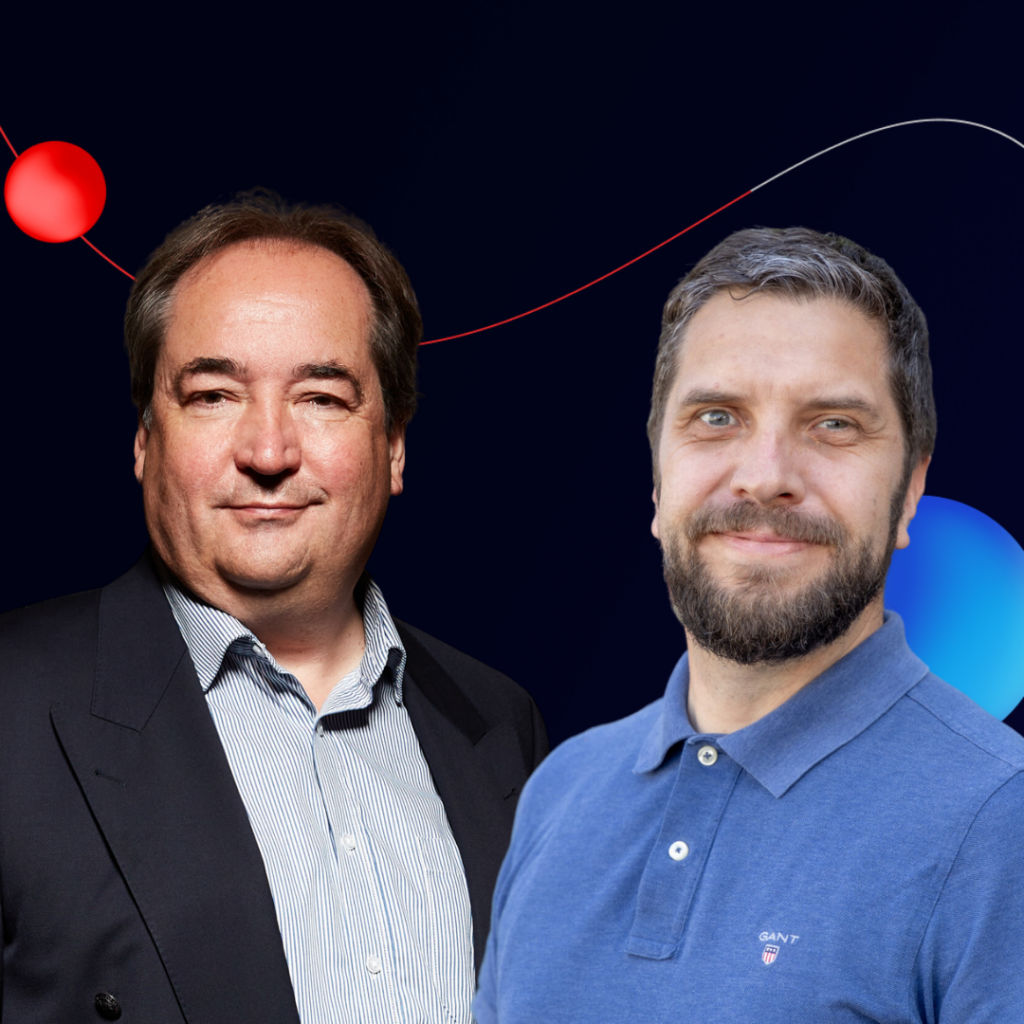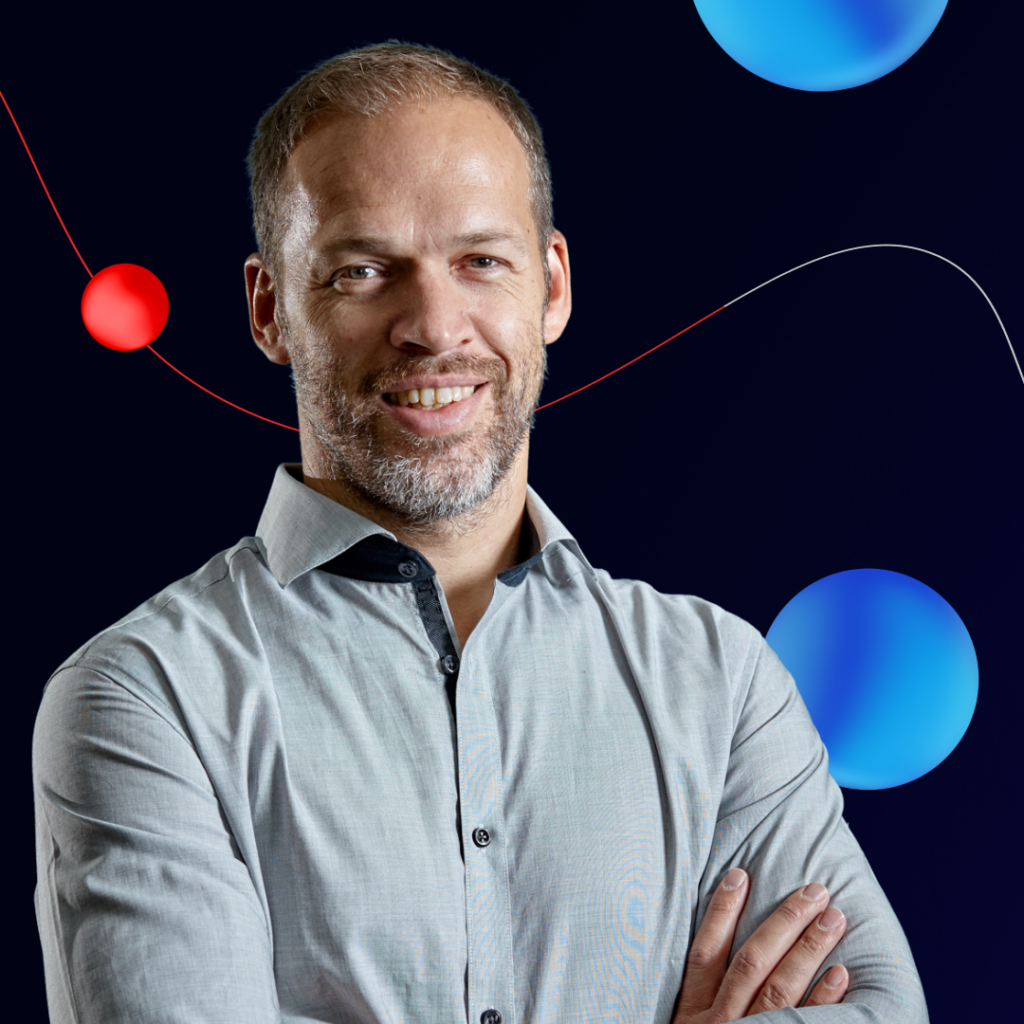SciLux podcast – German Castignani on Digital Twins
01 October 2024

Smart Cities
Digital twins are precise virtual replicas of real-world objects or systems. Among their most exciting applications is in the development of smart cities. Dr. Castignani aims to transform urban planning by offering a holistic view of city infrastructure. Whether it’s optimising traffic flow or improving energy distribution, digital twins provide a powerful platform for making cities more efficient and adaptable.
Dr German Castignani, AI and data analytics platform leader at the Luxembourg Institute of Science and Technology (LIST), leads the Digital Twin Innovation Centre. Dr Castigani’s research work aims to explore the potential of digital twins through technologies and practical applications to develop the promising enablers that digital twins represent.

Listen to Dr German Castignani talk about his work on Digital Twins and how he is combining the power of real-time data visualisation with simulation and AI to facilitate decision making in a wide range of industries.
Listen to the new SciLux episode
Digital Twins and Smart Cities
According to Dr Castignani, a digital twin is a virtual replica of a physical asset, system, or infrastructure. This digital counterpart allows stakeholders to model, monitor, and predict the behaviour of the physical entity. Whether it’s a city, a vehicle, or an energy system, digital twins enable decision-making without directly interacting with the physical asset.
AI plays a crucial role in the functionality of digital twins. By integrating AI, digital twins can process real-time data and provide predictive insights. Dr Castignani explains that AI components, such as machine learning and deep learning, can model the behaviour of physical assets based on historical data. This allows for more accurate simulations and better decision-making.
Creating a Digital Twin for Luxembourg and European Cities
One of the most exciting applications of digital twins is in the realm of smart cities. Dr Castignani discusses how digital twins can revolutionise urban planning by providing a comprehensive view of city infrastructure. From traffic management to energy distribution, digital twins offer a platform for cities to become more efficient and responsive. The European Commission is actively working on creating a toolbox for local digital twins, aiming for interoperability and replicability across different cities.
Through a series of national and European projects, such as Citcom.ai, LIST is working to develop a digital twin for the cities of Luxembourg. This ambitious project aims to provide a multi-purpose platform encompassing natural resource management, mobility management, energy efficiency and urban planning. As the representative of Luxembourg, a founding member, of the brand new European Digital Infrastructure Consortium on local digital twins and the CitiVerse, LIST is playing a key role in defining best practices and concrete use cases for the development and operation of digital twins on the scale of European cities.
While the potential of digital twins is immense, there are challenges to overcome. Dr Castignani highlights the importance of data quality and interoperability. For digital twins to be effective, the data must be accurate, granular, and consistently collected. Additionally, there is a need for a cultural shift towards data-driven decision-making, especially among policymakers.
A podcast to highlight research made in Luxembourg
Research Luxembourg and SciLux have teamed up to launch a new series of podcasts showcasing science in Luxembourg and beyond.
With a new episode every 2 weeks published, ‘SciLux powered by Research Luxembourg’ will showcase research activities and scientific cooperation in Luxembourg.











